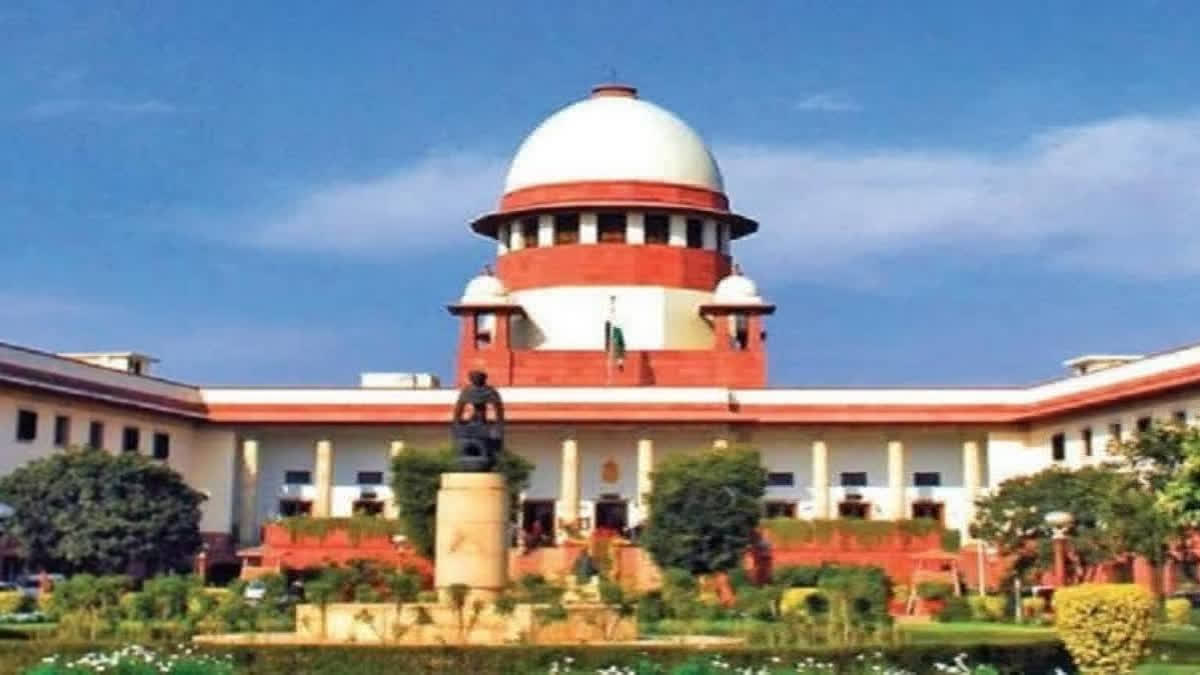New Delhi:Supreme Court judge Justice Satish Chandra Sharma on Friday said the purpose of Article 30 is not to create 'minority only' ghettos rather provide positive rights to the minorities to establish educational institutions of their choice and kind. He stressed that Article 30, as a feature of the Constitution, provides important rights which function within the larger penumbra of fundamental rights.
Justice Sharma, in his separate 193-page judgement, said the AMU, from the time of its establishment, has never had any sort of reservations on the basis of religion all the way up till 2005, which was the first time the said exercise was sought to be carried out. He added that the Aligarh Muslim University (AMU), after the declaration in Azeez Basha (1967), at least till 1981 and arguably even thereafter, was always considered to be a non-minority institution.
He said the contention that the AMU serves the interests of the minority community and denial of the protection under Article 30 would jeopardise the same, ignores the fact that the AMU, without being recognised as a minority institution or implementing religion-based reservations for an entire century, has served such a purpose.
"Therefore, asserting minority status and advocating for religious reservations based on the university's historical contributions to the minority community, appears to be self-contradictory," he said.
It was argued before the court that 'neutral' institutions or non-minority institutions would in the natural course of things be 'majoritarian'. It was asserted that since such neutral institutions tend to be driven by the assumptions, leanings, and priorities of the majoritarian groups/cultures, Article 30 contemplates constitutionally protecting certain educational spaces from such 'majoritarianism-by-default', guarding their minority character and priorities.
Justice Sharma said: "The said assertion completely misconstrues the purpose of Article 30 and the nature of non-minority or neutral institutions in the country. The purpose of Article 30 is not to create ‘minority only’ ghettos, but rather provide positive rights to the minorities to establish educational institutions of their choice and kind. Article 30, as a feature of the Constitution, provides important rights which function within the larger penumbra of fundamental rights. There is substantial interplay, intermixing and balancing of rights inter se within the fundamental rights."
